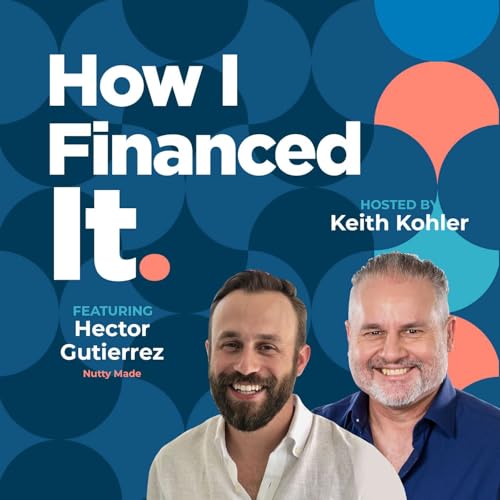What if your financing strategy was as clean and simple as your ingredient list? We sit down with Hector Gutierrez of JOI, the plant base brand built on “just one ingredient,” to unpack how a concentrated product, a flexible channel mix, and disciplined cash flow turned a pre-pandemic seed round into a profitable, resilient business. From the early days of almond paste sold B2B to cafés to a brand platform that spans DTC, Amazon, foodservice, and select retail, this is a masterclass in using the right capital at the right time.
Hector walks us through the investor dinner that galvanized their seed raise, the overnight shift when foodservice collapsed and e-commerce exploded, and the systems they put in place—3PL, Amazon, Shopify—to capture demand. We dig into the real numbers behind growth capital: merchant cash advances, Amazon and Shopify lending, AR financing, and how to decide between fixed or percentage remittances. The tactical takeaway is clear: map your cash cycles by channel, prioritize suppliers to protect inventory, and let your model decide the instrument.
We also get personal about the psychology of fundraising. Scarcity vs abundance, valuation vs dilution, and why “raise because you can” can backfire if the fit isn’t right. JOI’s approach favors profitability as leverage, retail as a credibility and awareness play, foodservice as a margin engine, and DTC as a data-rich community channel. With new products rolling out, partnerships with Whole Foods and Target, and foodservice formats designed for speed, JOI proves that resilience is a strategy you can scale.
If this helped you think differently about capital, channels, or unit economics, follow the show, share it with a founder who needs it, and leave a quick review so more builders can find these conversations.
Connect with Keith on LinkedIn - https://www.linkedin.com/in/keithkohler1/
 1 hr and 7 mins
1 hr and 7 mins Oct 22 202559 mins
Oct 22 202559 mins 1 hr and 19 mins
1 hr and 19 mins 1 hr and 13 mins
1 hr and 13 mins 1 hr and 15 mins
1 hr and 15 mins

